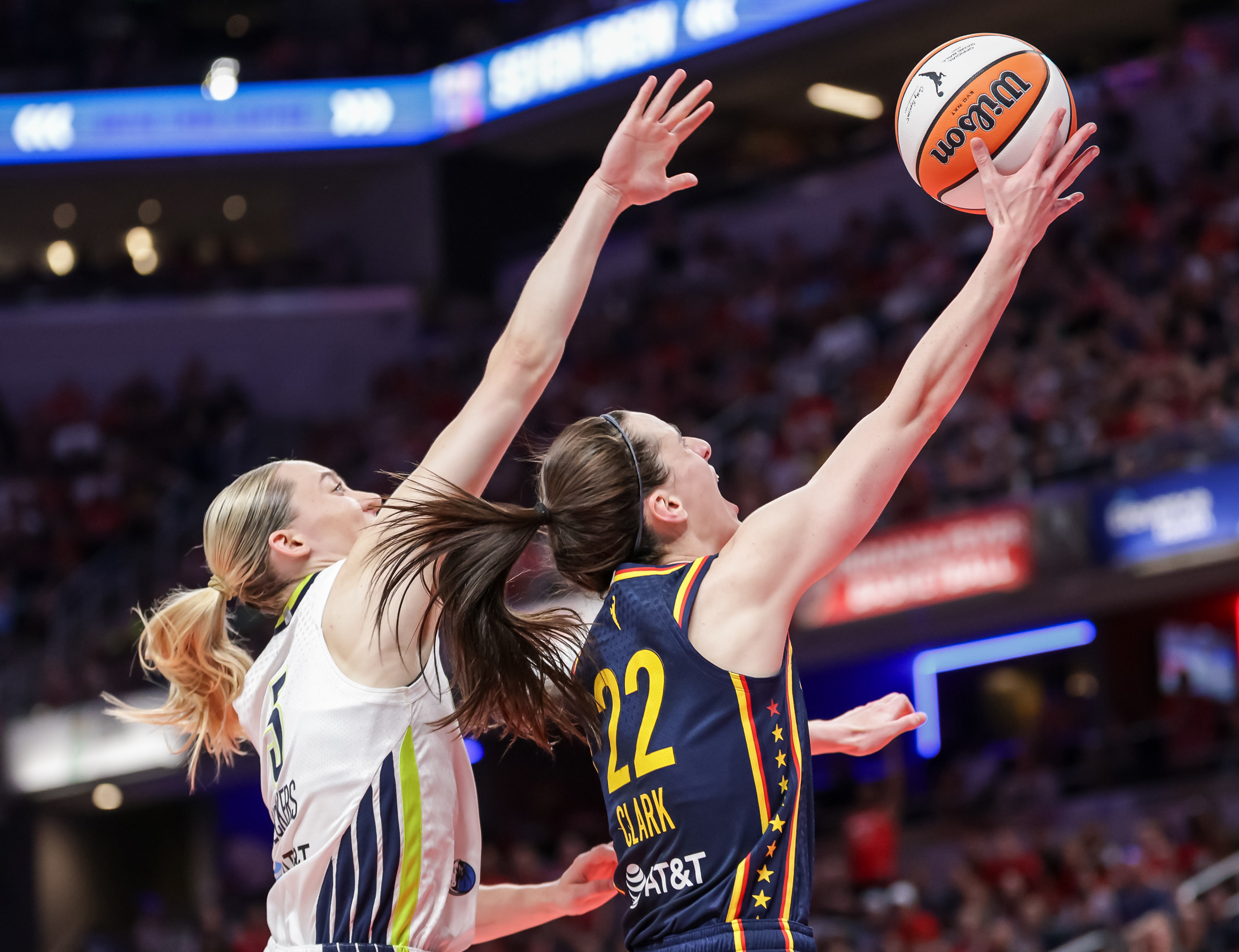WNBA CBA Negotiations Hit Snag: Players Dissatisfied with League's Offer

Negotiations between the WNBA and the Women's National Basketball Players Association (WNBPA) for a new Collective Bargaining Agreement (CBA) have stalled, despite a significant in-person meeting held during the All-Star break. The players are pushing for a "transformational" agreement that addresses key issues such as revenue sharing, salaries, benefits, and working conditions.
All-Star Meeting Yields Little Progress

On Thursday, July 17, 2025, WNBA and WNBPA officials convened for their first face-to-face meeting with players since December. The meeting saw a historic turnout, with over 40 players in attendance, including prominent stars like Caitlin Clark, Paige Bueckers, and Angel Reese. Despite the strong player engagement, WNBPA Executive Director Terri Carmichael Jackson acknowledged that there was no "progress" made, although "spirited conversation" did take place. Players have expressed dissatisfaction with the league's proposal, with some using strong language to describe it as falling "short" of their expectations.
Players Demand a "Transformational CBA"

The WNBA players opted out of the current CBA in October 2024, signaling their intent to negotiate a new agreement that addresses their priorities. The players are seeking a "transformational CBA" that includes:
- A better revenue sharing model
- Increased salaries
- Improved benefits
- A softer salary cap
- Improved working conditions
The union submitted its initial proposal in February 2025. Players are reportedly frustrated with the league's counter-proposal, which was received in June 2025, and feel that their priorities have not been adequately addressed, with some even describing it as a "slap in the face."
League's Perspective: Sustainability and Long-Term Growth

WNBA Commissioner Cathy Engelbert remains "optimistic" about reaching a "transformational" deal by the deadline. The league is emphasizing the need for an agreement that ensures the long-term "sustainability" of the WNBA for the next 10 years, within a "sustainable economic model." Engelbert has stated that both sides are in "listening mode" and are working to strike a balance between player and owner priorities.
Key Stakeholders in the Negotiation

Several key stakeholders are involved in the CBA negotiations:
- WNBPA (Players' Union): Led by President Nneka Ogwumike and Executive Director Terri Carmichael Jackson, representing all WNBA players. Their goal is to secure a larger share of the league's growing revenue for the players.
- WNBA League: Represented by Commissioner Cathy Engelbert and the Board of Governors (team owners). The league aims to ensure financial stability and continued growth.
- Players: Including rising stars like Caitlin Clark and Angel Reese, who are highly invested in securing a better deal as the league's popularity surges. Many players are set to become free agents after the 2025 season.
- Fans: Fans are closely following the negotiations and are concerned about the potential for a work stoppage, which could disrupt the league's momentum.
WNBA's Unprecedented Growth and Financial Landscape

The WNBA has experienced "unprecedented growth across nearly every business metric from attendance and viewership." A new $2.2 billion media rights deal is set to begin next season, further highlighting the league's growing financial strength. The league also plans to expand to 18 teams by 2030, with each of the three new teams (Cleveland, Detroit, Philadelphia) paying a $250 million expansion fee.
The union's statement has emphasized that key metrics such as "media rights, ratings, revenue, team valuations, expansion fees, attendance, and ticket sales – are all up in historic fashion."
Controversy and Potential Consequences of a Stalled Agreement

The core of the dispute centers on the players' demand for a greater share of the league's rapidly increasing revenue. They believe the current salary structure and the league's initial proposals do not adequately reflect their contributions to the league's success. Players have specifically questioned why the substantial expansion fees aren't being directly reflected in their revenue share.
The situation is drawing significant public attention, particularly given the league's recent surge in popularity driven by new talent. Fans are increasingly worried about the possibility of a work stoppage.
Players like Napheesa Collier and Angel Reese have openly discussed the potential for a "walkout" or "work stoppage" if a satisfactory agreement is not reached. The current CBA is set to expire at the end of October 2025. Failure to reach an agreement by this deadline could disrupt the 2026 season, including the expansion draft (typically held in December) and free agency (usually in January). It's worth noting that the WNBA has never experienced a work stoppage since its establishment in 1997.